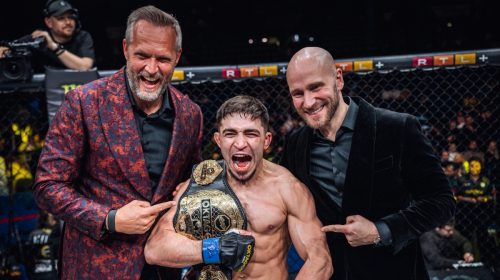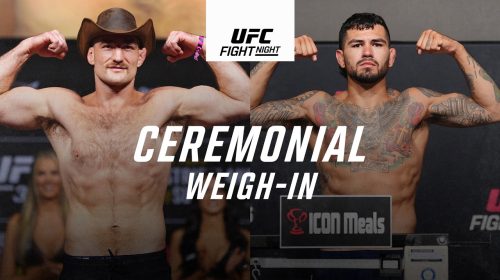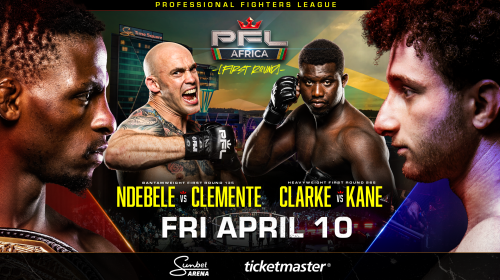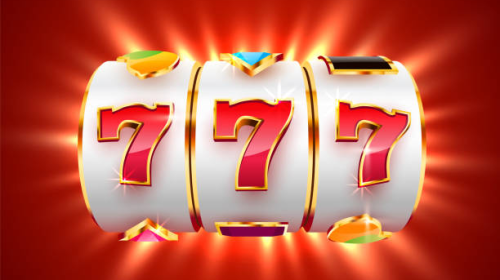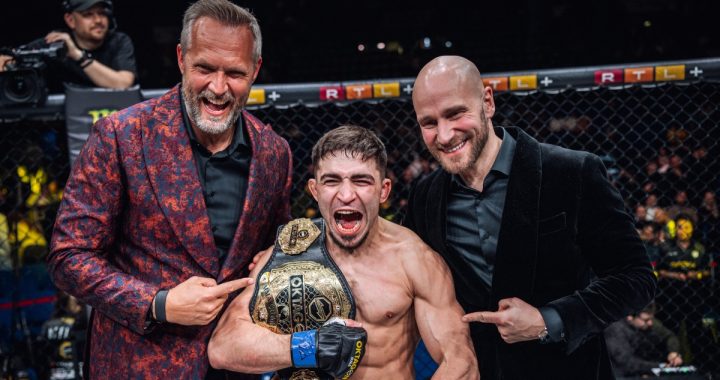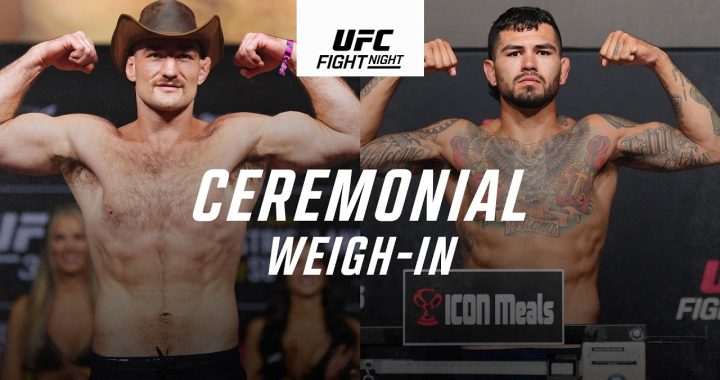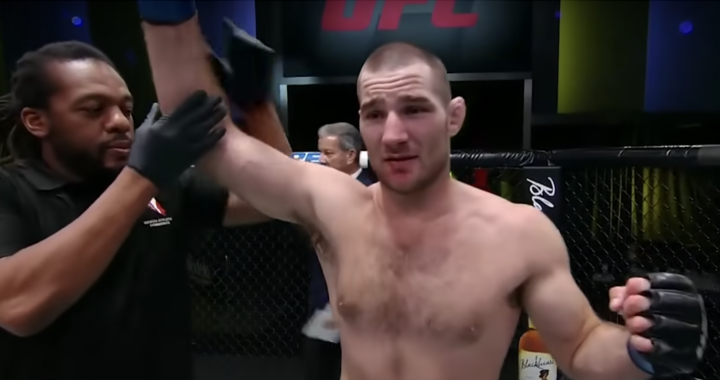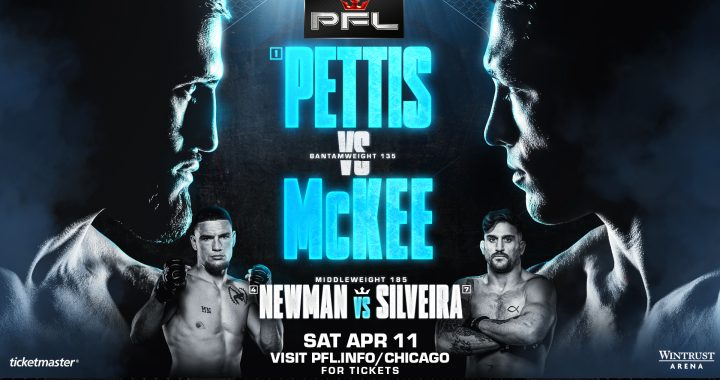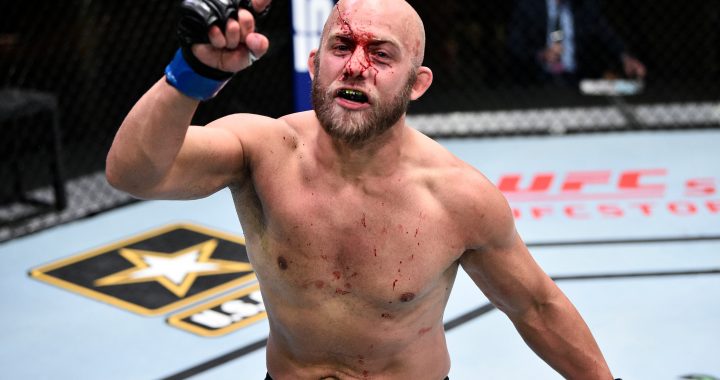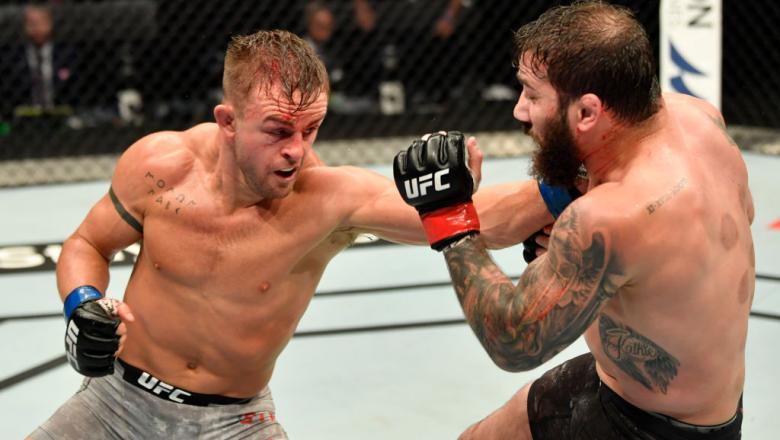
Let Them Fight: Competing in Other Sports Will Help MMA Fighter Gain Experience
In boxing there is this thing that promoters like to do that’s hated by the fans. They like to build a boxer up to 20-0 or 25-0 before their prospect starts taking serious fights. In MMA this is not the common practice. Emphasis is put on fighting tough fights early on. With that practice we get fights like Max Holloway vs. Conor McGregor and Kamaru Usman vs. Leon Edward’s before the future stars reach their zenith. There is some merit to boxers taking tune up fights and such. The gathering of experience and familiarity of different looks is instrumental to making Canelo “Canelo” and keeping Tyson Fury sharp in between mega fights. It’s not often that fighters come in like Vasyl Lomachenko who fight for a legit world title in their second pro fight with such little experience. But we will touch on that more later. Today I’m here to discuss the value of experience and how MMA fighters could take bouts in other sports to stay sharp and gain their experience without putting their records in jeopardy.
This may not be the best thing for the sport of MMA, however. We all love seeing the McGregor-Poirier situation where McGregor beats Poirier early on but Poirier turns it around years later and wins the trilogy with two straight wins. But with big business comes big businessmen and MMA is gradually going the way of boxing. Tuneup fights and strategic matchmaking are becoming more and more commonplace in the sport. But there’s an alternative: let your fighters box. Let them wrestle. Jiu Jitsu tournaments, combat sambo, anything that has them fighting.
The Value of Experience
In MMA, we have been seeing this for years in all honesty. But managers and trainers haven’t really pieced it together just yet. For years, we’ve heard the mantra, “Wrestling is the best base for MMA.” What does that mean and why is it true?
Essentially, wrestlers make the best MMA fighters and basing a fighting style around the skills from wrestling makes champions. Currently, champions who are known to be good wrestlers are Aljamain Sterling, Kamaru Usman, and Glover Teixeira. Throughout history, Khabib, Cain Velasquez, Forrest Griffin and Randy Couture have all dominated. There’s Mark Schultz, Ken Shamrock and in the modern day, Gregor Gillespie and Colby Covington are all effective wrestling.
But why? What makes wrestlers the best fighters on average in MMA? I am of the opinion of experience in more than one area. First off, and the most notable, is the fact they’ve competed in a combat sport for some time, especially if the athlete in question has competed at the World level. This being in the fire puts them almost right at home in an MMA fight.
Other areas are the work ethic needed to compete in wrestling. You have to drill and know how to move your body. Copying and pasting this method to MMA takes wrestlers like Justin Gaethje and Yoel Romero and make them absurdly dangerous strikers very quickly. The third is weight cut. Wrestlers cut weight and often more extreme than MMA fighters. So, it’s not as alien to them.
This also applies to Jiu Jitsu players as well. We see fighters today like Charles Oliveira, Mateusz Gamrot and Gilbert Burns as high level BJJ competitors in mixed martial arts. To get to this high of a level, many of the same training techniques from wrestling apply.
Getting More Experience
Now that Khabib Nurmagomedov has set a bar of retiring undefeated at 29-0, I fully expect MMA to begin to slowly slide to the oblivion that is record padding to get their fighters as close to that mark as they can before taking the “tough fights.” But that will lead the loss of those early matchups that define fighters. So, what to do?
Let them box. Let them do combat sambo. Any martial art that puts them in the fire. We’re seeing this a bit with fighters coming up like Khamzat Chimaev and Muhammad Mokaev. Chimaev recently wrestled Jack Hermansson because why not. Mokaev competed in the United World Wrestling U23 World Championships for the UK. Mokaev didn’t win but he was thrown in the fire. You can see these guys competing at a higher level than their contemporaries because they’re essentially getting risk free experience. So what if they lose? They are an MMA fighter. It doesn’t matter.
PFL also has a great example of a fighter cross-fighting. It’s not Clarissa Shields, but actually Clay Collard. Collard was a UFC veteran who didn’t pan out. After leaving the promotion in 2015, he was in the regional scene until 2019 when he decided to box. He wasn’t the most skilled boxer but he won some very fun fights and even was the main bill in several of those fights. He then went to PFL and won his promotional debut over Anthony Pettis. Boxing kept him active and sharp. It was absolutely because of this he beat Pettis.
Don’t put your eggs in one basket
There is an argument to be made that fighters should concentrate on becoming better and training for their actual sport which is MMA. But that’s just the thing, MMA is all the martial arts. Everything applies.
But fighters need not lose sight of the end game. You’re an MMA fighter. Taking a boxing or Muay Thai match shouldn’t be a full camp. Pick the opponent wisely, maybe fight another MMA fighter. Put in a good effort and gain the valuable experience without becoming inactive.
We are actually starting to see this trend with fighters in the UFC. Taking part in Jiu Jitsu tournaments, namely Submission Underground, current and active fighters are taking part in the events. While this is common practice, it can be a lot more common.
One of the best examples of this is that of Merab Dvalishvili. Dvalishvili was 2-2 in the UFC and 9-4 overall. While under contact with the UFC, he entered the World Cambat Sambo Championships. Combat Sambo, for the uninitiated, is essentially MMA with points given for takedowns; modified MMA if you will. Dvalishvili made it all the way to the finals in his weight class before falling to Stephan Kobenov to take home the silver medal. Since then, Dvalishvili has been nearly unbeatable. He’s gone 5-0 with the best in the sport. I believe that combat sambo tournament truly gave him the mental edge he needed to turn the corner and become a top contender in the bantamweight division.
Staying sharp and in the mindset of competition and can use different competition to improve as a fighter both mentally physically. Using other sports as a sort of cheat code to get competition under his or her belt while not putting their record at jeopardy, they can essentially get some free experience without taking a loss prematurely and keep the sanctity of MMA fighters fighting the best fighters a bit better.
**********
In addition to covering thoughts about the sport of MMA, Blaine Henry, the author, also analyzes fights from all combat sports across the globe.
Blaine Henry can be found on Twitter, Instagram, and Patreon.
